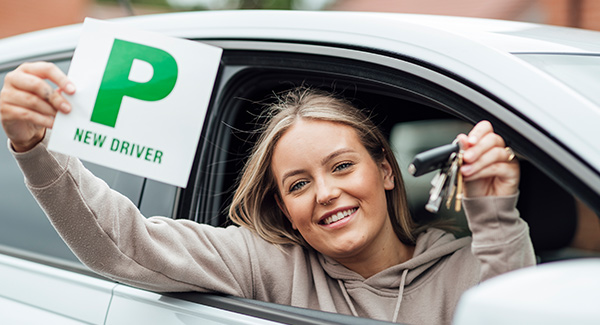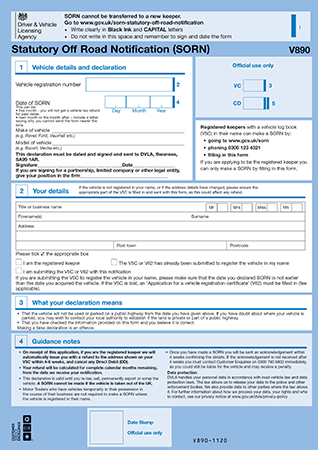SORN Explained: Should you declare your car off the road?
- Editorial Team
With many of us driving less now, declaring your vehicle is off the road with a SORN seems like an easy way to save money on tax and insurance. However, declaring your vehicle off the road means that you cannot use your vehicle on public roads, with tough penalties for those that break the rules.
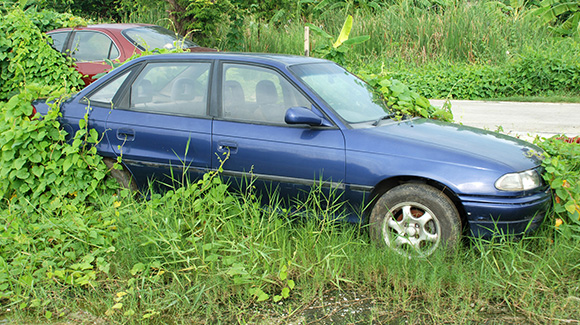
What does SORN mean?
If you want to take a car off the road for whatever reason, you must ensure that you register a SORN (Statutory Off Road Notification) with the Driver and Vehicle Licencing Agency (DVLA).
Declaring your vehicle is off the road can save you money on tax and insurance. But you will not be able to drive or park the vehicle on public roads and you’ll need to keep it in a garage, on a drive or on private land.
Why would you SORN a vehicle?
There are various reasons why you may want to declare your vehicle off the road. Coronavirus (COVID-19) is having a big impact on us all, and the DVLA has seen a large increase in SORN applications, as motorists see it as the easiest way to stop paying for running costs on vehicles not in use.
According to data provided by GOV.UK, there have been just under 2.5 million (2,435,778) SORN applications between March 2020 and October 2020. Most of which (38%) occurred between March and April during the first two months of the nationwide lockdown. But of course, it’s not just coronavirus, there are many other situations where you may want to take a car off the road. For instance:
- You’re working from home and are not using your vehicle for travel.
- You’re going to university or travelling abroad and will not be using the vehicle.
- You only use the car during the summer, for example if you own a classic car.
- The car is not roadworthy, or you want to scrap it.
- Your insurance or road tax has expired, and you don’t want to renew.
- You buy or receive a vehicle and want to keep it off the road.
- Your vehicle is kept in the garage and is not in use.
- You’re repairing your vehicle before it’s ready to drive.
How much does it cost to SORN a car?
Registering for a SORN is free through the DVLA website. When declaring SORN online, you should always ensure you are doing so through the official website.
Pay attention to online services who are profiting by charging drivers to take a vehicle off the road. For instance, they may offer a ‘fast track’ service. These sites should be avoided no matter how genuine they seem.
Do you get a refund if you SORN your vehicle?
When you register a vehicle as off the road (SORN) you will automatically get a vehicle tax refund by cheque for any full remaining months. This is sent to the name and address on the vehicle log book. It can take up to 6 weeks to receive your refund by cheque.
If you pay by direct debit, the direct debit will be cancelled automatically.
Any refund will not include credit card fees, or any surcharges incurred. See Cancel your vehicle tax for more details.
Does SORN affect insurance?
When you register your vehicle as SORN with the DVLA, you may consider cancelling your current insurance policy. But your vehicle could still be damaged or stolen even though it is not in use. So, you may want to cover the vehicle for fire and theft as a minimum. By keeping your vehicle insured you could also build up your No Claims Bonus.
How to declare your vehicles as off the road?
You can make a SORN declaration online on the DVLA website.
If you want to take your vehicle off the road immediately, you’ll need to use the 11-digit number on your vehicle log book (V5C).
If you want it to begin on the first day of the following month, you’ll need to use the 16-digit number on your vehicle tax reminder letter (V11). You can only use this number once.
You can also apply:
By phone – Contact the DVLA vehicle service on 0300 123 4321, which is a 24-hour service.
By post – By completing a SORN application form V890 and sending it to the DVLA at: DVLA, Swansea, SA99 1AR
If the vehicle is not registered in your name, you’ll need to inform the DVLA that it’s off the road by post.
How long does a SORN last?
Once registered, SORN lasts indefinitely and until the vehicle is taxed again. You do not need to renew a SORN.
When can you drive your vehicle after SORN?
You can only drive your SORN vehicle if you are travelling to or from a pre-booked MOT or other testing appointment.
You are unable to use your vehicle on public roads and you could be fined up to £2,500 and face legal action for breaking the rules.
Where can I keep a car that is SORN?
Once you have declared SORN, you must keep your vehicle off the road on either a driveway, in a garage or on private land.
It is an offence to keep or use your vehicle on a public road (a road which is repairable at the public expense).
| Garage | ✔ |
| Driveway | ✔ |
| Private land | ✔ |
| Roadside/curb | ✕ |
| Footpaths | ✕ |
| Grass verges | ✕ |
| Car park | ✕ |
Penalties for not declaring a vehicle off the road
If your vehicle isn’t taxed or insured, you must have a SORN in place, otherwise you could be fined or prosecuted.
DVLA enforcement of vehicle tax and insurance offences
Offence: Being the registered keeper of an untaxed vehicle
Enforcement action: A Late Licensing Penalty (LLP) letter is issued automatically. LLP set at £80 reduced to £40 if paid within 28 days. If the penalty is not paid, the case will be referred to a debt collection Agency.
Offence: Using or keeping an untaxed vehicle without a SORN
Enforcement action: Out of Court Settlement (OCS) letter issued. OCS set at £30 plus one and a half times the outstanding vehicle tax rate. If settlement is not paid, as a criminal offence the case may be pursued via the Magistrates Court. Penalty is the greater of £1,000 or five times the amount of tax chargeable. Vehicle may be clamped.
Offence: Using or keeping an untaxed vehicle on a public road with a SORN in force
Enforcement action: Out of Court Settlement (OCS) letter issued. OCS set at £30 plus twice the outstanding vehicle tax. The Vehicle Excise and Registration Act 1994 (VERA) (as amended). Section 29 and Schedule 2A of the Act applies. If settlement is not paid, as a criminal offence the case may be pursued via the Magistrates Court. Penalty is the greater of £2,500 or five times the amount of tax chargeable. Vehicle may be clamped.
Offence: Being the registered keeper of an uninsured vehicle
Enforcement action: A Fixed Penalty Notice (FPN) is issued. Penalty set at £100 reduced to £50 if paid within 21 days. If penalty is not paid, as a criminal offence the case may be pursued via the Magistrates Court. The maximum penalty is £1,000.
Can I check if a vehicle has SORN?
You can perform a DVLA SORN check online to find out if a vehicle has up to date vehicle tax or has been registered as off the road.
Taking a vehicle out of the UK after SORN
SORN is not valid if you are taking your vehicle out of the UK. UK laws still apply If you’re taking your vehicle out of the UK temporarily for less than 12 months. This means that you will still need tax, insurance and a current MOT on the vehicle.
If you’re taking your vehicle out of the UK for more than 12 months, known as a permanent export, you will need to inform the DVLA.
See taking a vehicle out of the UK on GOV.UK for further details.
How do I get my car back on the road after SORN?
To get your car back on the road after SORN, simply renew your vehicle tax online or over the phone. You will also need to ensure you have an insurance policy in place and a current MOT on the vehicle.
Can a SORN be transferred from one owner to another?
You cannot transfer a SORN from the previous keeper.
Final thoughts on SORN
Although SORN could save you money if you’re not using your vehicle, it is important that you understand the risks involved when taking your vehicle off the road. In a nutshell, if you’re going to drive it tax it!
Learn more
Share this article
Table of Contents
More posts
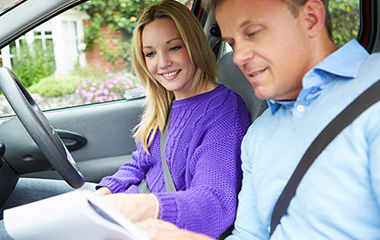
Can You Take Your Driving Test In Your Own Car | A Choice
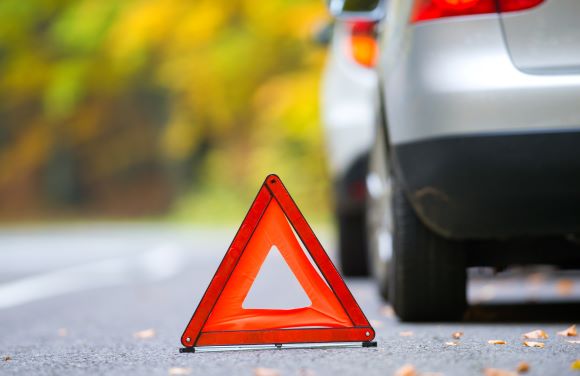
What To Do After A Car Accident | A Choice

L Plates: What You Need To Know Before You Drive | A Choice
